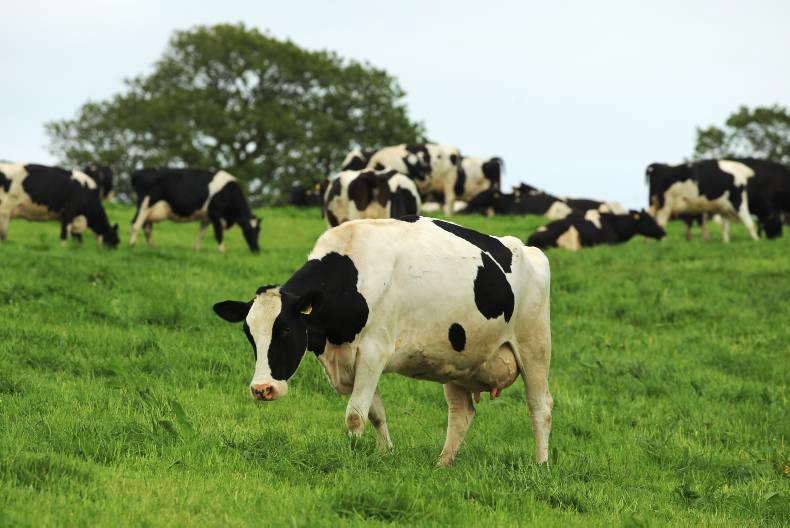With reports that UK and EU negotiators have reached an agreement in principle on the terms of an EU divorce bill, it leaves the Irish border as the main sticking point before agreement is reached to move on to talk about future trade.
With a leaked EU document suggesting that the solution for the border could be that NI sets up differently to Britain and continues inside the EU Customs Union after Brexit, that potential solution has gained some traction in recent days.
However, it is not a scenario favoured by senior figures in the local agri food industry, given that at present, nearly half of all sales from the NI agri-food sector are to Britain. It is by far our most valuable and largest market outlet.
Secondary supplier
The arguments being made are that NI processors typically work on small margins, and to tight deadlines, and any form of checks at the ports could leave them uncompetitive in Britain.
There is also the issue of product integrity, and any divergence in controls between NI and Britain could leave us as effectively classed as a secondary supplier. The outcome could be very damaging.
Speaking to the Irish Farmers Journal, NI director of Dairy UK Dr Mike Johnston said that nothing must be done to interfere with our position in the UK internal market.
“Our position is clear – ideally we want the UK to stay in the EU Single Market and Customs Union, so that all borders remain as they currently are. But if that is off the table, the priority has to be the continued access, as we currently have, to Britain. It is by far the most important market to the NI dairy sector. That is the bottom line,” he said.
His comments were echoed by the chief executive of the NI Meat Exporters Association (NIMEA) Conall Donnelly, who said that his members do not want to see borders anywhere, whether in Ireland, or in the Irish Sea.
“Having British product for the British market is very important to us. There can’t be a perception that we are different,” he said.
Way forward
He believes that the only viable way forward is for all of the UK to remain in some form of customs union with the EU after Brexit, possibly just covering agri- and food-related goods. In addition, both parties would agree to implement equivalent standards and the same veterinary controls. It would allow trade flows to continue unchecked as they are.
Trade deals
The downside for the UK government is that it couldn’t then go out and do its own bilateral trade deals outside of the EU (although it should be pointed out that the EU currently has trade deals with over 50 countries). It would also effectively stop the UK from pursuing a cheap food policy, which would clearly be to the benefit of NI farmers.






 This is a subscriber-only article
This is a subscriber-only article










SHARING OPTIONS: